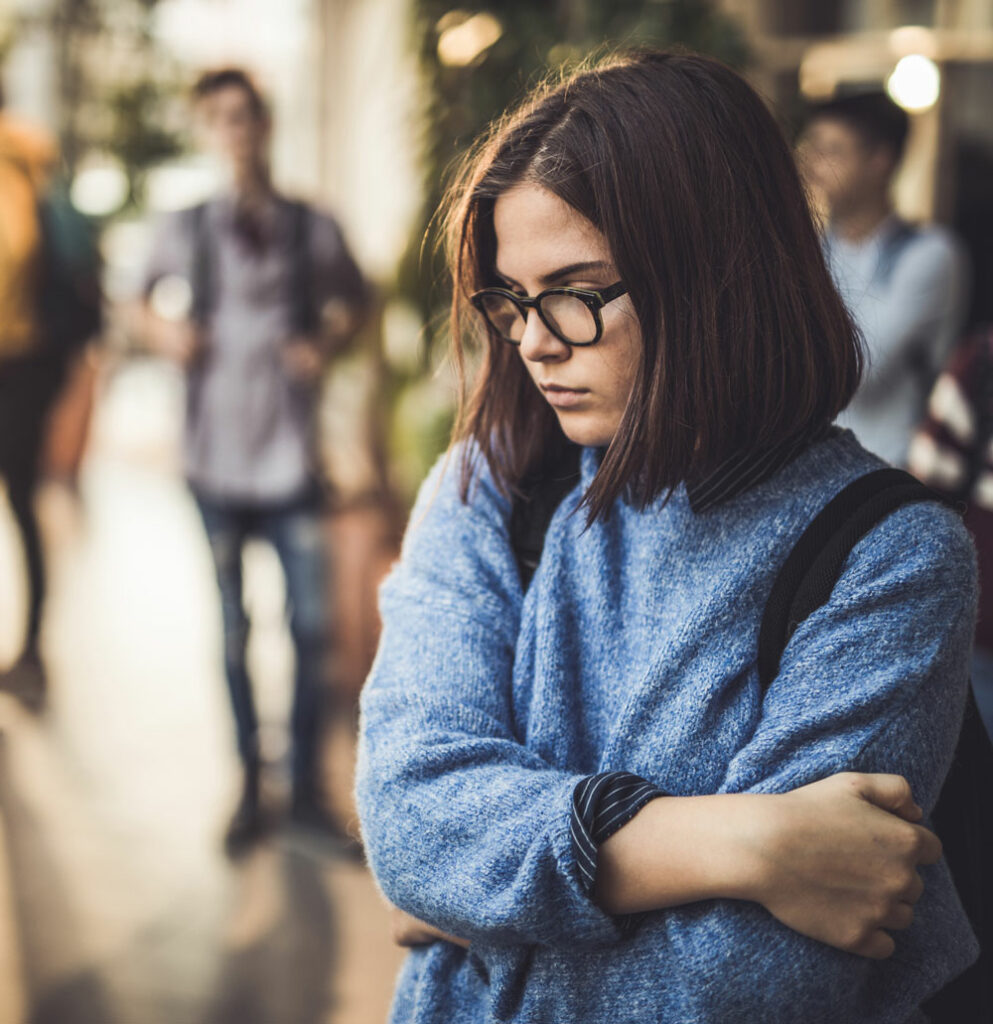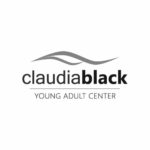By Wesley Gallagher
In the age of modern medicine, we have a pill for almost everything. And while it’s great that scientific advancements have allowed for so many wonderful medications for physical and mental health issues that in the past went untreated, they are often prescribed or used unnecessarily. Particularly worrying is the trend of teens and prescription drug use.
Peer pressure is a strong motivator for teens and young adults, so when it feels like everyone around them is taking medication, it can be tempting to want to do the same, whether they need it or not. So how can we protect teens and young adults from the overuse of prescription drugs?
Overuse Starts Early

Unfortunately, even young children are falling prey to overprescribing. Children as young as preschool age are being prescribed medication for attention deficit hyperactivity disorder (ADHD) at alarming rates.
According to The Washington Post, despite the CDC’s recommendation that parents of young children diagnosed with ADHD try behavior therapy first — before turning to drugs like Ritalin or Adderall — less than half are receiving behavior therapy. Meanwhile, 75% of these children take medication. This is on top of the fact that young children are being diagnosed with ADHD at a much higher rate than ever before.
The long-term effects of these medications on young children have not been studied, however, and their side effects include poor appetite, sleeplessness, irritability, and slowed growth. And according to U.S. News & World Report, statistics show that there’s about a 40% chance that a 3-year-old who is diagnosed with ADHD will be taking three kinds of mental health prescription drugs by the age of 8 for co-occurring problems.
Teens and Prescription Drugs
By the time children hit the teenage years, other medications — and motivations for taking them — come into play. Peer pressure is a big motivator for young adults, and this is the time when teens start experimenting with alcohol and drugs recreationally.
While there are teens who may benefit from these drugs, many have unnecessary prescriptions, and unfortunately, many also share pills with their peers.
What prescription drugs do most teens take? According to the National Institute on Drug Abuse, the most commonly prescribed drugs teens abuse include the following:
- Amphetamines (or stimulants) like Ritalin and Adderall
- Painkillers like Vicodin and OxyContin
- Sedatives like Xanax and Valium
While there are teens who benefit from these drugs, many have unnecessary prescriptions, and unfortunately, many also share pills with their peers. Others can easily find prescriptions in relatives’ medicine cabinets.
Because such medications are prescribed at such high rates, they are readily available, and often teens think it’s not a big deal to pop one of their friend’s pills. Unfortunately, these drugs have numerous side effects and can be very dangerous when not taken as prescribed. However, many young adults don’t realize the risks.
How to Cope Without Pills
So how can you cope without prescription drugs when it seems like everyone else is using them?
First of all, if you have a physical or mental illness, you might in fact need medication, and that’s OK. But for issues like ADHD, depression, or anxiety, therapy and other behavioral treatments should be the first line of defense. It’s important to work with a trusted medical expert to find the best treatment, which often involves a combination of therapies. Lifestyle changes, like improved diet, exercise, and sleep can also go a long way toward improving symptoms.
If you’re experiencing peer pressure to use drugs without a prescription, knowing the risks of the most commonly misused prescribed drugs may help you withstand the temptation.
Just because a drug is prescribed by a doctor, it doesn’t automatically mean it is safe.
According to the Substance Abuse and Mental Health Services Administration (SAMHSA), prescription drugs have several potential side effects, especially when misused:
- Stimulants (such as Adderall and Ritalin) can cause paranoia, dangerously high body temperatures, and irregular heartbeat
- Opioids (prescription painkillers) can cause drowsiness, nausea, constipation, and slowed breathing
- Depressants (such as sleeping pills or anti-anxiety medications) can cause slurred speech, shallow breathing, fatigue, disorientation, lack of coordination, and seizures
Just because a drug is prescribed by a doctor, it doesn’t automatically mean it is safe. In fact, stimulant prescription pills have similar effects on the body to cocaine, and opioids act similarly to heroine. They can be just as dangerous as illegal drugs. And remember, prescription drugs are also illegal when taken by someone without a prescription.
At the Claudia Black Young Adult Center, we use a specialized approach to treat a wide range of mental health and addiction issues. This includes a variety of therapy methods as well as prescription medications, when deemed appropriate. So, if you or someone you know is struggling with something like ADHD, depression, or anxiety, or if you think you might have a problem with prescription drugs, reach out today to get the care you need. Healing is possible, and we can help.

